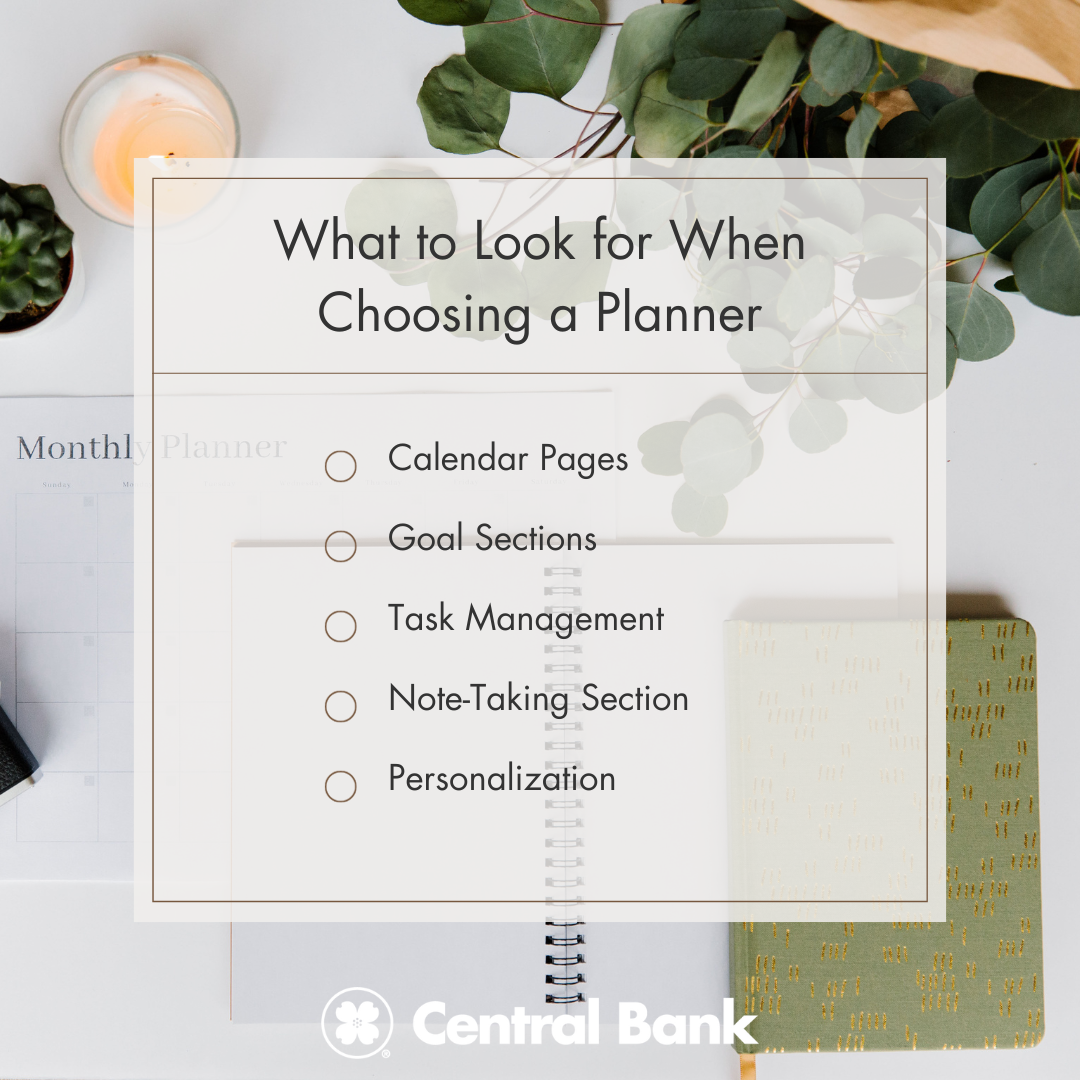The journey of becoming the best version of yourself, begins with selection of the best planner tailored to your lifestyle. Your future self will thank you for it.
Choosing a Daily Planner:
Choosing the right planner is a personal decision. Things like your lifestyle, hobbies and job are important to consider. The first step is deciding if you want a digital or physical planner. Some people like physically writing things down, while others would rather stay organized with an online planner. Planners come in different styles. Some focus on one day, others on a whole week, and some even cover a whole month.

Here are some things to check for when choosing a planner:
Calendar Pages: The main part of any planner is its calendar pages. Whether it's a weekly calendar or month layout, these pages help you organize tasks and events.
Goals: Planners often have sections for setting goals. You can plan short-term and long-term goals, breaking them into steps. This helps you work step by step toward what you want.
Task Management: Managing tasks is really important in planners. You can make lists, decide what's most important, and set aside time for different activities. Some planners even have checklists and trackers to help you finish tasks.
Note-Taking Section: Planners usually have space for notes. You can write down meeting notes, ideas, or thoughts. This makes planners more versatile.
Personalization: Many planners let you customize them, so you can make them fit your style. You can add personal touches like photos or even some of your favorite motivational quotes.
Best Planners to Checkout
- Weekly Calendar: The Happy Planner
- Daily Planner: Day Designer Daily Planner
- Digital Planners: Goodnotes
- Digital Budget Planner: Central Bank
- Monthly Planners: Barnes & Noble
- Finance and Budget Planner: Papier
- Daily Checklist for Kids: Bright Day Kids Daily Checklist
- For Students: ClassTracker
Benefits of Using a Planner:
- Time Management: Planners help you use your time well, so you don't waste it or miss important deadlines.
- Memory: Writing down important dates and details in a planner serves as an external memory aid, preventing important information from slipping through the cracks.
- Stress: The act of writing down tasks can alleviate mental clutter, reducing stress and making you feel more in control.
- Success: By breaking down long-term goals into smaller, manageable tasks, planners encourage you to make progress consistently.
Tips for Effective Planning: - Consistency is Key: Make a habit of updating your planner regularly to stay on top of your tasks.
- Prioritize Tasks: Identify and prioritize tasks based on urgency and importance to ensure you focus on what truly matters.
- Use Visuals: Incorporate color-coding, symbols, or stickers to make your planner visually appealing.
- Review and Reflect: Take time to review your planner regularly, reflecting on your accomplishments and adjusting your approach as needed.